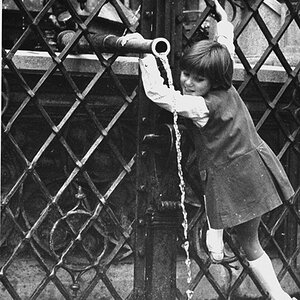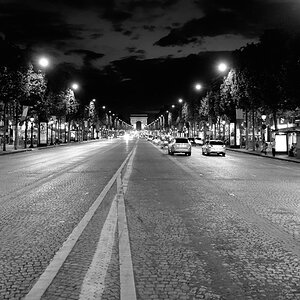sincere
TPF Noob!
- Joined
- Jan 5, 2006
- Messages
- 475
- Reaction score
- 1
- Location
- Berlin
- Can others edit my Photos
- Photos NOT OK to edit
When people say that ,what does it mean? How much of a difference does it make in the picture quality? Or is the weight and material only good for knocking muggers upside their head?:mrgreen:
Your 2 cents please..
Your 2 cents please..



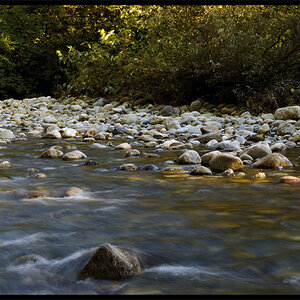

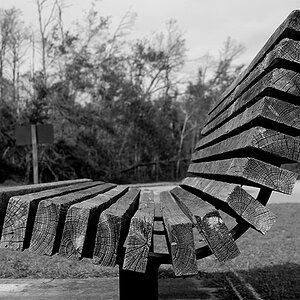

![[No title]](/data/xfmg/thumbnail/35/35266-f58b019dadff6920c09071a847f052c3.jpg?1619736970)
![[No title]](/data/xfmg/thumbnail/35/35268-34a315519597f60516d59124092e9bc2.jpg?1619736971)
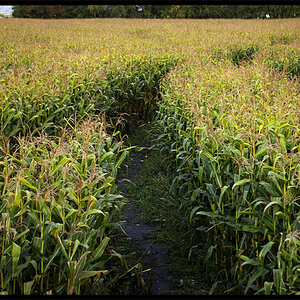
![[No title]](/data/xfmg/thumbnail/33/33421-38d09827e584b8381c5e3a468cdf0159.jpg?1619735961)

![[No title]](/data/xfmg/thumbnail/31/31977-2b717e032201241cbeae8226af23eba4.jpg?1619735136)
